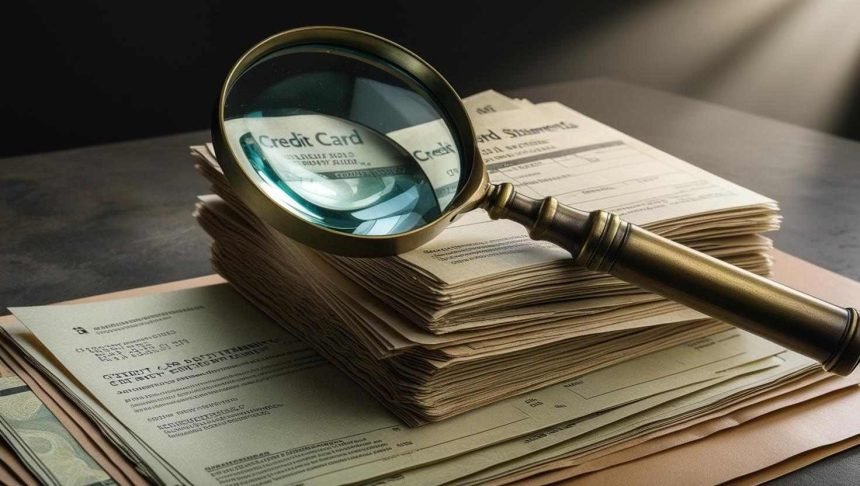Receiving a call from a debt collector can be an unsettling experience, especially if you’re unsure whether the debt is legitimate or if the debt collector has the right to pursue it.
There are times when mistakes are made that could lead to you being involved in someone else’s money problems.
According to the Consumer Financial Protection Bureau (CFPB), about 53% of debt collection complaints in 2023 involved efforts to collect debts that were not owed.
This number shows how important it is to know your rights when bill collectors are calling you. Luckily, the Fair Debt Collection Practices Act (FDCPA) offers protections to ensure you don’t end up paying for bills you don’t owe.
Debt collectors are legally required to provide specific documentation to validate the debts they’re attempting to collect. What is this proof, though, and what should you do if you get a notice to pay?
This comprehensive guide explains the proof debt collectors must provide, your rights under the law, and the steps you can take to protect yourself.
What Proof Must Credit Card Debt Collectors Provide?
Anytime a debt collector calls you about a credit card debt, they are required by law to give you complete and correct proof of the debt. This lets you check if the debt is real and if the collector has the legal right to collect it.
Here’s what the proof typically includes:
1. A Copy of the Original Credit Card Agreement
- The collector must provide a copy of the signed agreement that establishes your liability for the debt. This document proves that you agreed to the credit terms.
2. Account Statements
- These statements should include details about the debt amount, charges, payments, and interest accrued over time. A complete history ensures transparency.
3. Proof of Ownership
- If the debt has been sold to a collection agency, they must provide documentation proving the chain of ownership. This shows that the collector has the legal right to pursue the debt.
4. A Detailed Accounting of the Debt
- Collectors must break down the total amount owed, including the principal balance, interest, and any fees or penalties applied.
5. Records of Payment History
- Payment records demonstrate whether the debt amount is accurate and whether any payments were misapplied or overlooked.
How Does the Debt Validation Process Work?
The FDCPA provides consumers with the right to request debt validation within 30 days of being contacted by a collector. Here’s how the process unfolds:
- Debt Validation Request
- Upon receiving a collection notice, you can send a written request for validation. This requires the collector to pause all collection activities until they provide proof of the debt.
- Collector’s Response
- The debt collector must gather the required documentation, such as the account details and proof of ownership, and send them to you. Without this information, they cannot legally compel you to pay.
- Review the Documents
- Once you receive the validation letter, carefully review the information. Look for inaccuracies, unfamiliar accounts, or missing details that could invalidate the claim.
- Dispute the Debt (If Necessary)
- If you believe the debt is incorrect, send a written dispute letter explaining your reasons. Include supporting evidence, such as payment receipts or correspondence with the original creditor.
- Resolution
- Based on the provided proof, the collector may correct errors, drop the claim, or continue pursuing the debt if it is valid.
What Happens if the Collector Fails to Provide Proof?
If a debt collector cannot provide sufficient proof of the debt, they are legally barred from pursuing it. Here’s what you can do in such cases:
- File a Complaint
- Report the collector to the CFPB, the Federal Trade Commission (FTC), or your state attorney general’s office for violating your rights.
- Send a Cease-and-Desist Letter
- Notify the collector in writing that they must stop contacting you unless they can provide proof of the debt.
- Take Legal Action
- If the collector continues to harass you, consider consulting an attorney. You may be entitled to damages under the FDCPA.
Strategies to Manage Valid Credit Card Debt
If the debt is valid and you are responsible for paying it, there are several strategies you can use to manage or eliminate it effectively:
1. Debt Settlement
- Negotiate with the creditor or collection agency to settle the debt for less than the full amount owed. Successful negotiations can reduce your balance by 30% to 50%.
2. Debt Consolidation
- Combine multiple debts into a single loan with a lower interest rate. This simplifies your payments and can save you money over time.
3. Credit Counseling
- Work with a credit counseling agency to create a debt management plan. These agencies can help you negotiate lower interest rates and organize your payments.
4. Bankruptcy
- As a last resort, bankruptcy can discharge certain debts. However, this option has long-term consequences for your credit and financial standing.
Why Debt Validation Is Crucial
Debt validation protects consumers from paying for debts that don’t belong to them or that have already been settled.
It also prevents collectors from pursuing debts that have passed the statute of limitations, which varies by state. Once this period has expired, collectors cannot sue you to recover the debt.
The CFPB’s 2024 Fair Debt Collection Practices Act report highlights the importance of validation. More than half of all debt collection complaints in 2023 involved attempts to collect debts that were not owed.
This underscores the prevalence of errors and the need for consumers to exercise their rights.
Red Flags to Watch For
When dealing with debt collectors, be vigilant for signs of fraudulent or unethical behavior:
- Refusal to Provide Proof: Legitimate collectors should readily supply validation documents.
- Demand for Immediate Payment: High-pressure tactics are a common scam warning sign.
- Threats or Harassment: These are clear violations of the FDCPA.
- Unusual Payment Methods: Legitimate collectors do not ask for payment via gift cards or cryptocurrency.





